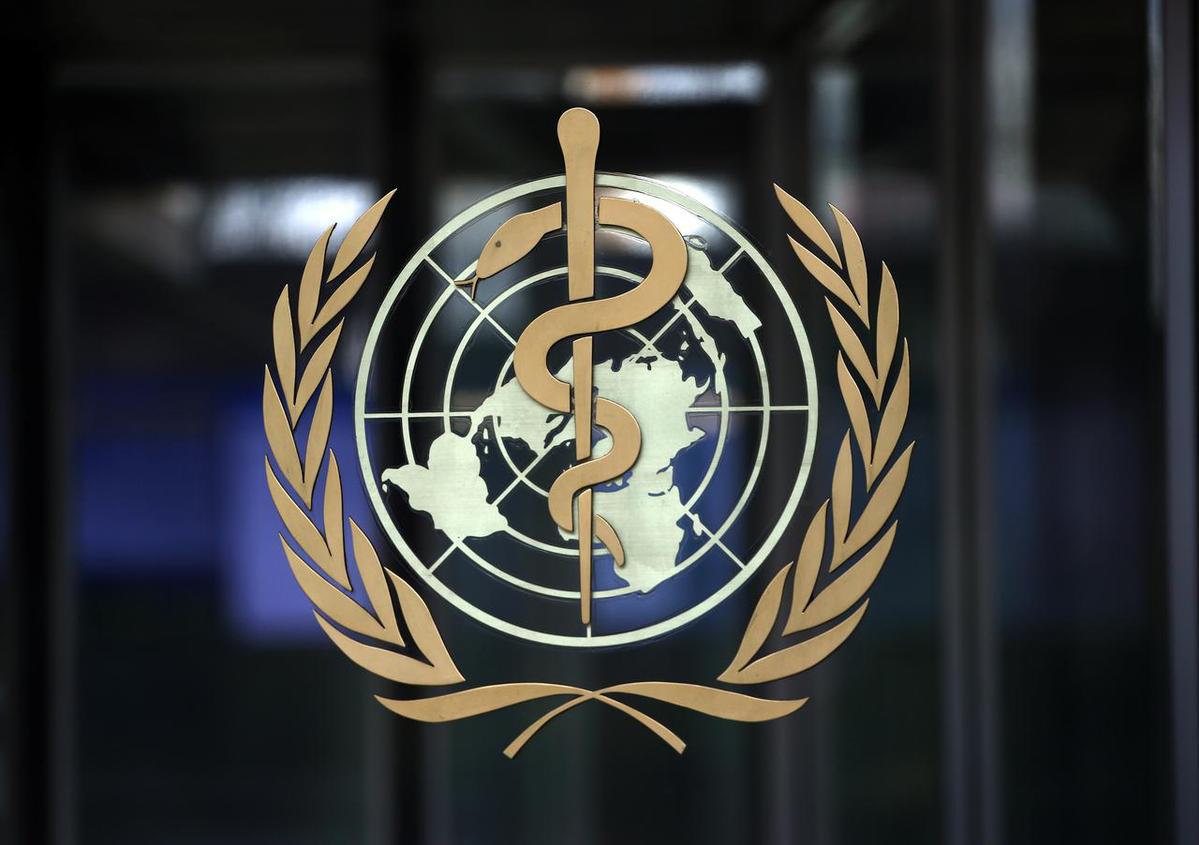WHO chief calls for continued health investment


The World Health Organization, or WHO, has urged countries not to cut public spending on healthcare and other social sectors, as the world moves into a post-COVID-19 phase, with the poorest and most marginalized being hit hardest.
Speaking at Tuesday's media briefing, Director General Tedros Adhanom Ghebreyesus said: “The pandemic has exposed the fragility of our health systems. As essential services were paused, many diseases came roaring back.
“At least half of the world’s population still lacks access to essential health services, and out-of-pocket expenses on health drive almost 100 million people into poverty each year,” he said, adding that cuts in public health are likely to increase hardship among already disadvantaged groups.
“They will weaken health system performance, increase health risks, add to fiscal pressure in the future and undermine development gains,” Tedros said. Instead, he called on governments to meet the WHO’s recommended target of spending an additional 1 percent of GDP on primary healthcare, which, he believes, is central to improving both equity and efficiency.
“They must reduce the global shortfall of 18 million health workers needed to achieve universal health coverage by 2030,” he added.
At the start of the year, Tedros made a call for every country to start vaccinating health workers and older people in the first 100 days of 2021. This week will see that date passed. A total of 190 countries and economies have now started vaccination and the global vaccine sharing initiative COVAX itself has already delivered 36 million doses to 86 countries and economies, according to the WHO.
Although scaling up production and equitable distribution remains the major barrier to ending the acute stage of this pandemic, Tedros said “it is a travesty that in some countries, health workers and those at-risk groups remain completely unvaccinated”.
He urged the world to invest in equitable production and access to COVID-19 rapid tests, oxygen, treatments and vaccines between and within countries.
“WHO will continue to call on governments to share vaccine doses and fill the 22.1 billion gap … for the equitable distribution of vaccines, rapid tests and therapeutics,” he said. “We will also look to find new ways to work with manufacturers to boost overall vaccine production.”
This month, individuals around the world will also be able to get involved in accelerating vaccine equity, via a new fundraising campaign.
Developed by the WHO Foundation and a range of partners, the campaign will enable individuals and companies to get one, give one, and close the overall COVID-19 vaccine gap, with further updates to be shared around the launch, Tedros said.

































